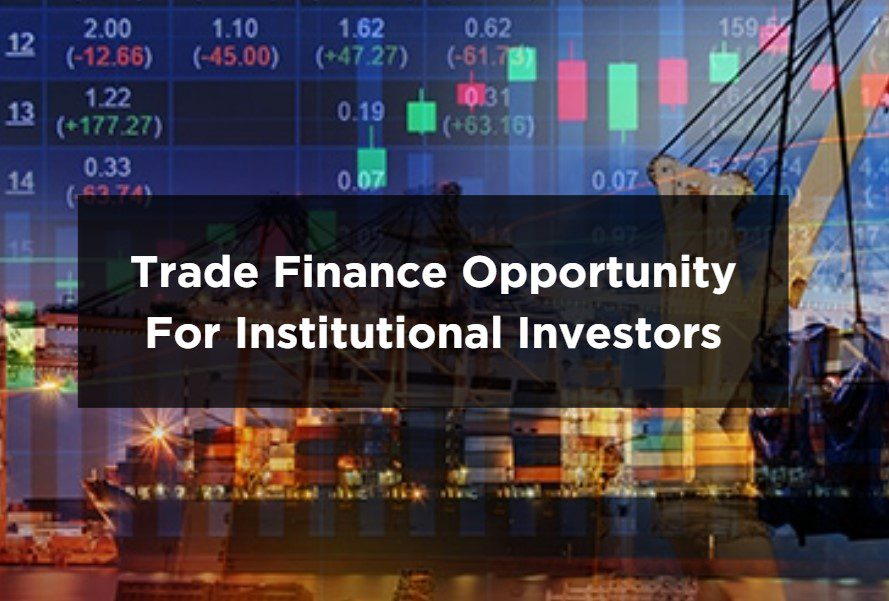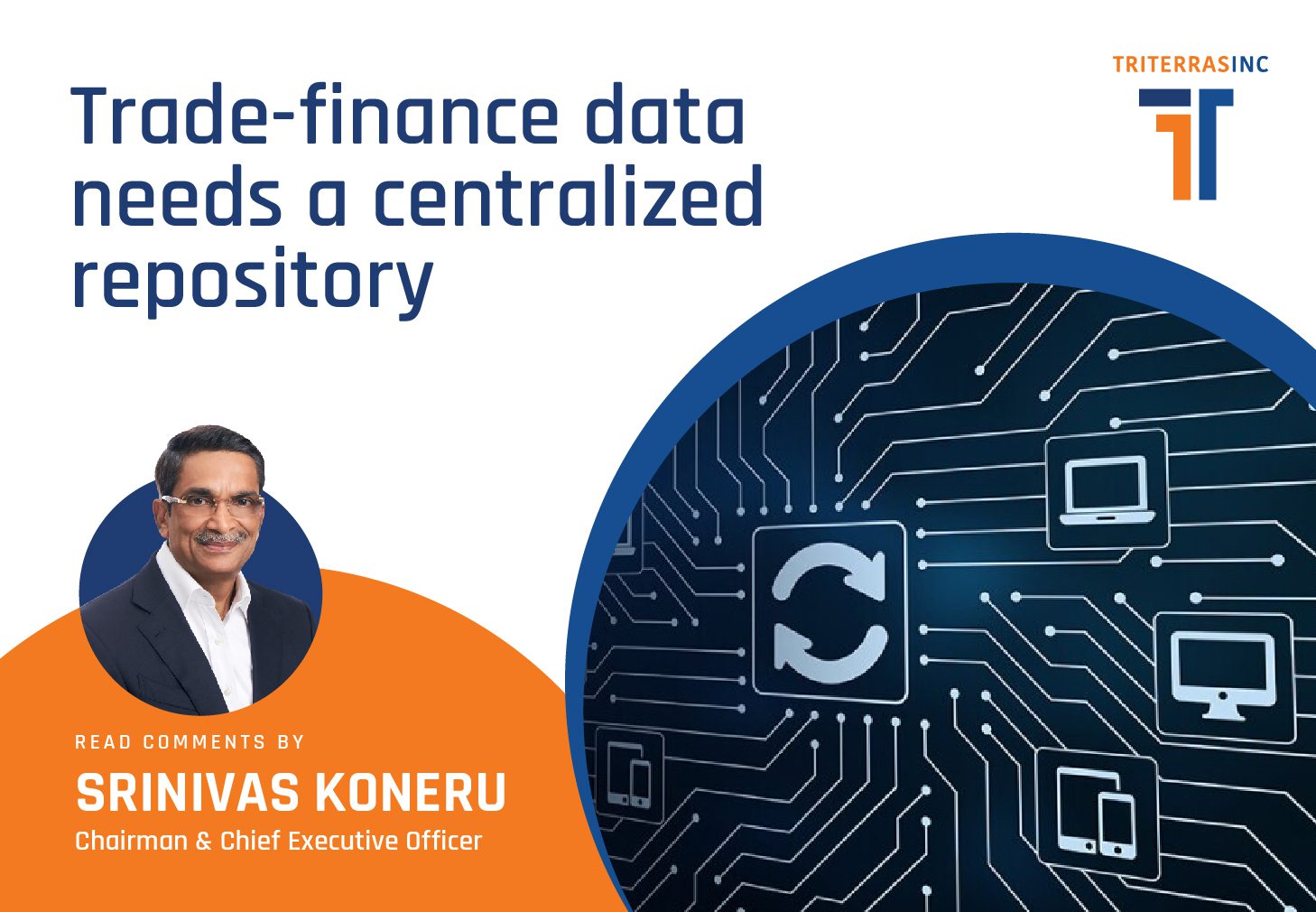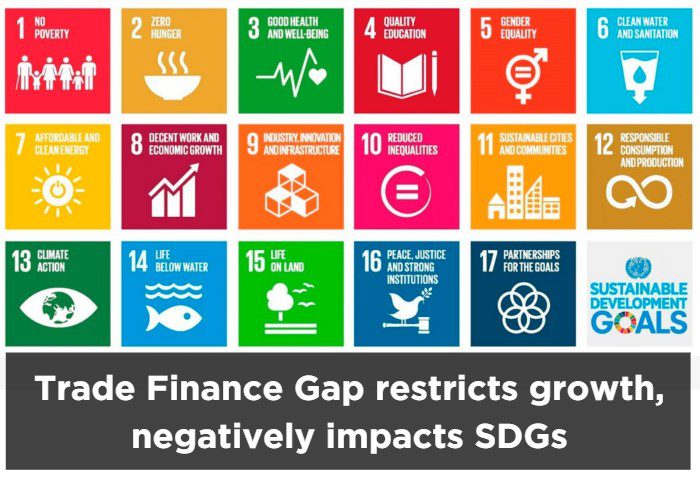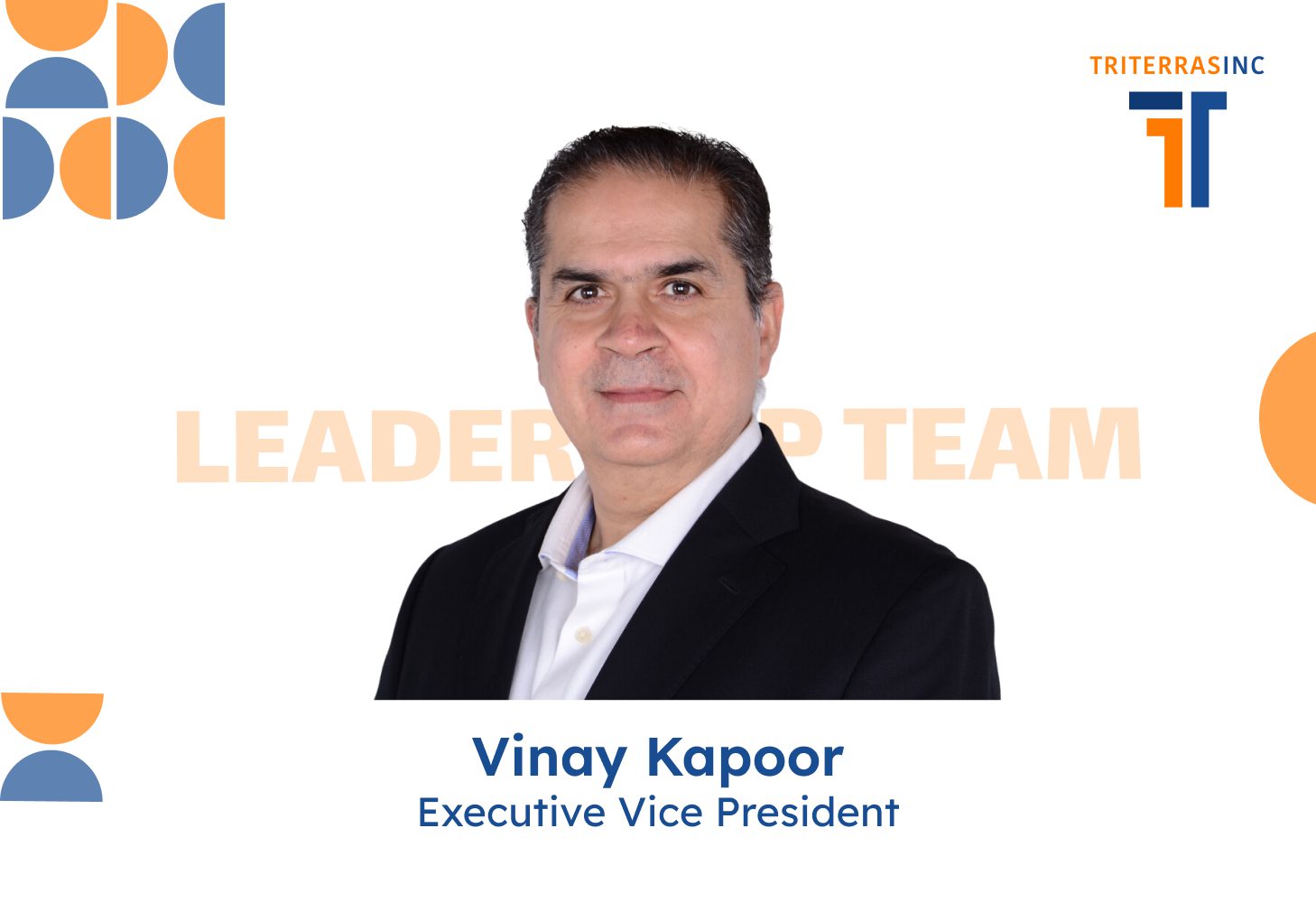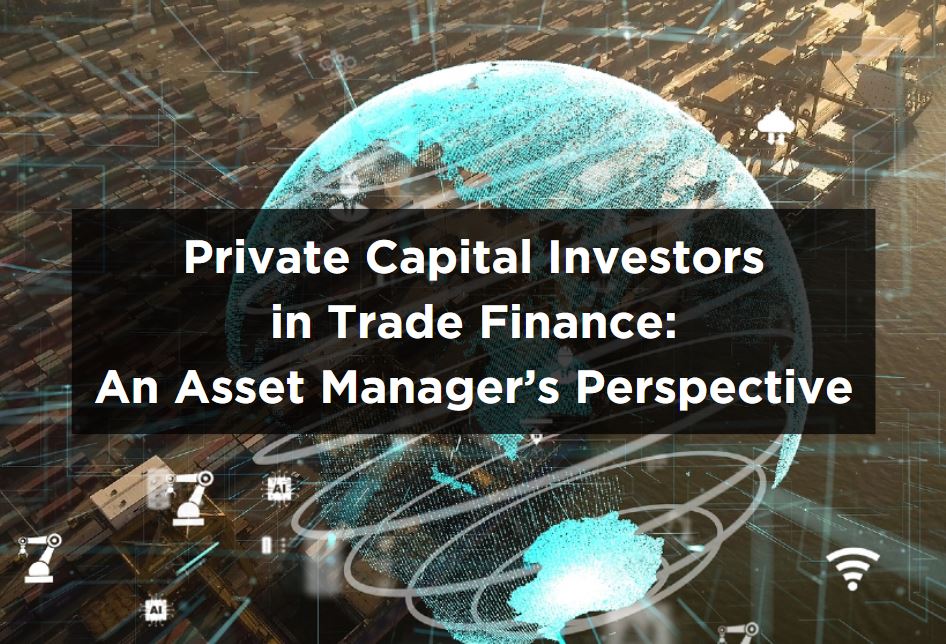The future of banking is not just about technology; it is about reimagining traditional banking models to better serve customers. As we move further into the 21st century, non-bank financial institutions (NBFIs) are playing an increasingly significant role in the global financial ecosystem.
What Exactly Are Non-Bank Financial Institutions?
Non-bank financial institutions, including fintech companies, investment firms, peer-to-peer lending platforms and digital payment providers, offer a range of financial services without a traditional banking license. They are known for their agility and adaptability, often providing specialized services to markets that traditional banks may overlook.
The Impact of Current Market Conditions on the Financial Industry
Three key factors are shaping today’s financial industry. Firstly, rising interest rates are increasing borrowing costs, prompting businesses to seek alternative funding streams. Secondly, in the wake of the global financial crisis, increased regulatory scrutiny has led traditional banks to become more risk-averse. Lastly, rapid technological advancements and changing customer preferences are driving the rise of fintech and other non-bank players.
The Rise of Non-Bank Financial Institutions
NBFIs, such as fintech companies, credit unions, and insurance firms, are challenging traditional banks by offering innovative financial services that are often more efficient, cost-effective, and customer-centric. They are leveraging technology to provide services like peer-to-peer lending, mobile payments, and robo-advising, which were once the exclusive domain of traditional banks.
According to the Financial Stability Board’s Global Monitoring Report on Non-Bank Financial Intermediation 2022, the total global financial assets of the NBFI sector grew by 8.9% in 2021, higher than its five-year average growth of 6.6%, reaching $239.3 trillion.
The Impact on Traditional Banking
The rise of NBFIs is forcing traditional banks to rethink their strategies. Banks are now focusing more on customer-centric approaches, enhancing their digital offerings, and partnering with fintech companies to maintain their competitiveness.
In the realm of NBFIs, technological innovations are playing a pivotal role in reshaping the financial landscape. Artificial Intelligence (AI) is being leveraged to automate processes, enhance customer service through chatbots, and improve risk assessment models. Blockchain technology is being utilized to ensure secure, transparent, and efficient transactions, revolutionizing sectors like remittances and cross-border payments.
Data analytics is another powerful tool being employed by these institutions, enabling them to gain insights into customer behavior, optimize their services, and make informed decisions. These technological advancements are not only enhancing operational efficiency, but also driving customer satisfaction and trust in non-bank financial institutions.
The regulatory environment is another significant factor that impacts the operations of non-bank financial institutions. Unlike traditional banks, these institutions are not subject to the same stringent regulations, giving them more flexibility in their operations.
However, it is not all doom and gloom for traditional banks. They still hold a significant advantage in terms of customer trust and regulatory expertise. By leveraging these strengths and embracing innovation, banks can position themselves to thrive in this evolving landscape.
Global Trends
The role and influence of non-bank financial institutions vary significantly across the globe. In developed economies, these institutions are well-established, offering a wide range of services and often leading in technological innovations. They play a crucial role in financial inclusion, providing services to those underserved by traditional banks.
On the other hand, in developing economies, while their presence is growing, they face challenges such as lack of infrastructure, lower digital literacy rates, and regulatory hurdles. However, with increasing smartphone penetration and government initiatives, the influence of non-bank financial institutions in these regions is set to rise.
Challenges for Non-Banks
While the future looks promising, non-banks face challenges such as intensifying market competition and potential systemic risks. Also, the lack of a standardized regulatory framework can lead to uncertainties. These issues require careful monitoring and management.
The Road Ahead
The future of banking will likely be a hybrid model where traditional banks and NBFIs coexist and complement each other. Banks will continue to serve as trusted entities for storing wealth and managing large transactions, while NBFIs will drive innovation in customer experience and service delivery.
As JP Nicols, president/ COO of Innosect and co-founder of the Bank Innovators Council, aptly puts it, “If banks cannot truly be customer intimate, they are doomed to be just dumb commodities, acting behind the scenes, like utilities.” This quote encapsulates the shift towards digital and customer-centric banking services that NBFIs are leading.
In the dynamic world of finance, non-banks have emerged as formidable players, thanks to their ability to adapt swiftly, innovate, and cater to evolving customer demands. While challenges persist, the future outlook for non-banks remains promising.
As we move forward, the question is not whether non-banks will continue to influence the financial landscape, but rather how traditional banks will adapt to this change. The stage is set for an exciting era of collaboration and innovation in finance.












